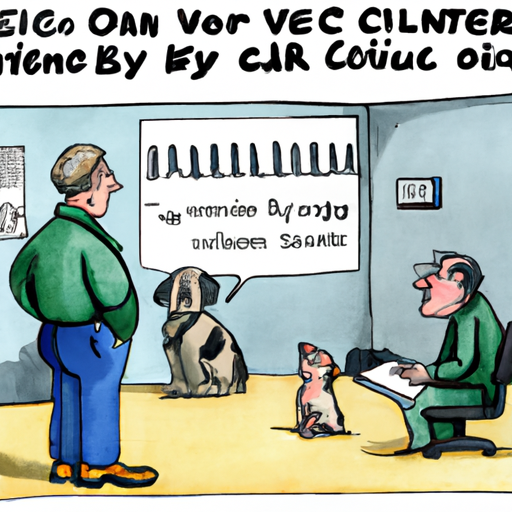Introduction
You, as a caregiver, understand the depth of responsibility that comes with having a pet. You strive to ensure your dog remains healthy, happy, and well-adjusted. One of the decisions you may face is whether or not to neuter your dog. Let’s dive into the world of canine neutering and understand what happens when dogs get neutered.
The Neutering Process
Neutering a dog is a common surgical procedure in which the male dog’s testicles are removed. This procedure is carried out under general anesthesia. Your dog will be asleep and won’t feel any pain during the surgery.
- Preparation: The area is shaved and cleaned to reduce the risk of infection.
- Surgery: The surgeon makes a small incision in front of the scrotum and removes the testicles.
- Post-Surgery: The incision is closed with sutures or surgical glue. The procedure generally lasts between 5-20 minutes.
The Benefits of Neutering Your Dog
Neutering your dog comes with several benefits, both for you and your furry friend:
- It helps control the dog population.
- It may prevent behavioral issues related to sexual maturity.
- It can reduce the risk of certain health issues, such as testicular cancer and prostate problems.
The Recovery Period
The recovery period is crucial and requires careful monitoring. Here’s a snapshot of what to expect:
| Day | Details |
|---|---|
| 1-3 | Your dog may experience grogginess due to anesthesia. |
| 4-7 | Your dog should start to return to normal, but limit physical activity. |
| 8-14 | The incision site should be healing, but continue to monitor for any signs of infection. |
Remember, every dog is different. Recovery times can vary, and you should always consult with your vet if you have concerns.
Potential Side Effects and Risks
Just like any surgical procedure, neutering a dog also comes with potential side effects and risks:
- Anesthetic risk
- Bleeding or infection
- Changes in behavior or weight
It’s essential to discuss these risks with your vet and weigh them against the benefits.
Frequently Asked Questions
1. At what age should I neuter my dog?
Most veterinarians recommend neutering dogs between six and nine months of age, but it can be done at any age.
2. Will neutering change my dog’s behavior?
Neutering can decrease aggressive and marking behaviors in male dogs, but it does not change their personality.
3. How long does it take for a dog to recover from being neutered?
Recovery times can vary, but most dogs return to normal activity levels within 2 weeks.
4. Will my dog gain weight after being neutered?
Some dogs may gain weight due to a decrease in metabolic rate, but this can be managed with diet and exercise.
5. Are there alternatives to neutering?
Yes, there are alternatives such as vasectomy, but these are much less common and have different pros and cons.
In conclusion, neutering is a personal decision that should be made considering your dog’s health, behavior, and your living situation. As a caregiver, it’s your responsibility to make the best decision for your dog’s wellbeing.



